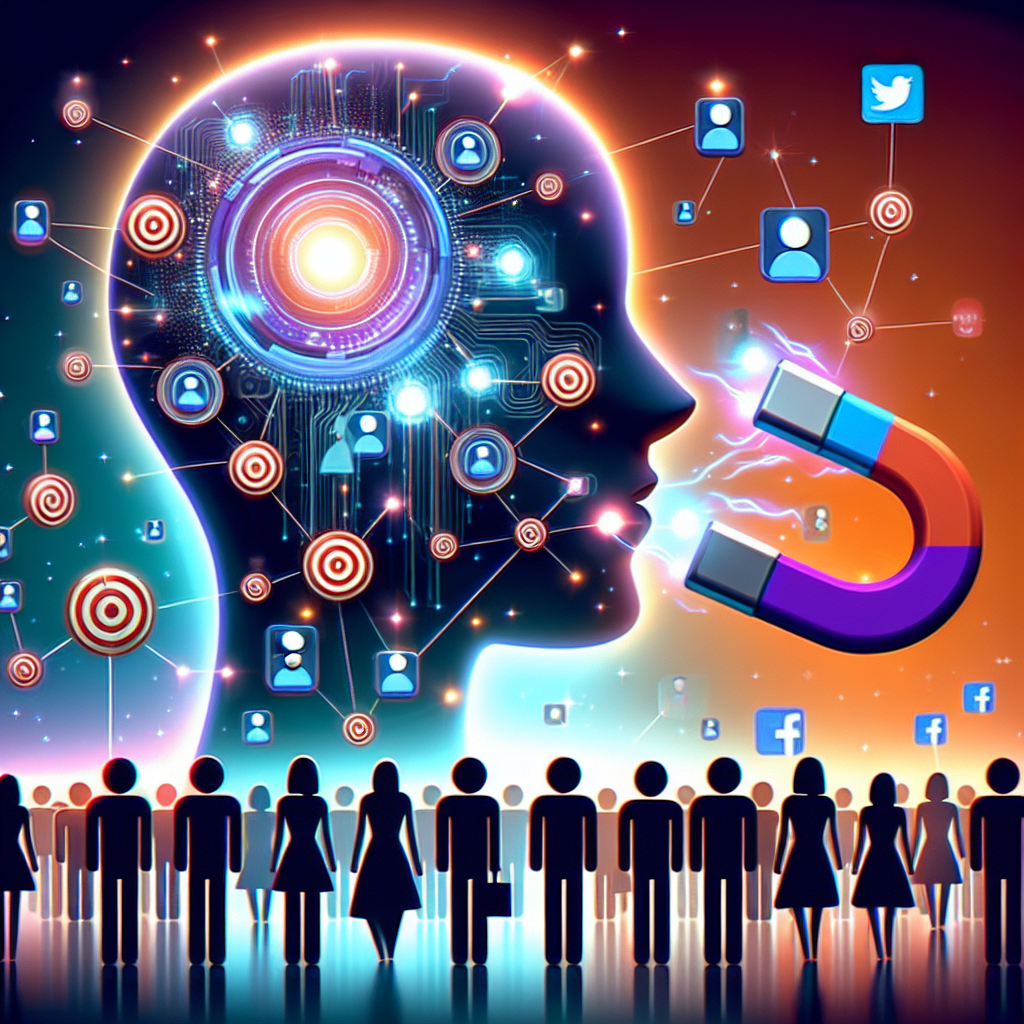In the ever-evolving landscape of social media marketing, one of the most significant changes in recent years has been the rise of artificial intelligence (AI) technology. AI has revolutionized the way brands engage with consumers, particularly through influencer marketing. Social media influencers have become a crucial component of many brands’ marketing strategies, and AI has played a pivotal role in redefining how this form of marketing is executed.
AI has enabled brands to better identify and connect with the right influencers, track the success of their campaigns, and streamline the entire influencer marketing process. With the help of AI, brands can now tap into valuable data insights to make more informed decisions about which influencers to partner with, what type of content to create, and how to measure the impact of their campaigns.
One of the key ways AI is redefining social media influencer marketing is through the use of data analytics. AI algorithms can analyze vast amounts of data from social media platforms to identify influencers who align with a brand’s target audience and goals. By analyzing factors such as engagement rates, follower demographics, and content performance, AI can pinpoint the most relevant influencers for a brand’s campaign.
Moreover, AI tools can also help brands track the success of their influencer marketing campaigns in real-time. By monitoring metrics such as reach, engagement, and conversion rates, brands can quickly assess the effectiveness of their campaigns and make adjustments as needed. This level of data-driven insights allows brands to optimize their influencer marketing efforts and maximize their return on investment.
Additionally, AI has streamlined the influencer discovery process, making it easier for brands to find the right influencers for their campaigns. AI-powered platforms can match brands with influencers based on specific criteria, such as audience demographics, content preferences, and engagement levels. This automated approach saves brands time and resources, allowing them to focus on creating compelling content and building meaningful relationships with influencers.
Another way AI is redefining social media influencer marketing is through the use of content creation tools. AI-powered platforms can generate personalized content ideas, optimize images and videos, and even schedule posts for maximum impact. This automation not only saves time for brands and influencers but also ensures consistency and quality in the content produced.
Furthermore, AI has also enhanced the authenticity and transparency of influencer marketing campaigns. AI tools can detect fraudulent activity, such as fake followers or engagement, helping brands avoid partnering with dishonest influencers. By promoting genuine and trustworthy influencers, brands can build credibility with their audience and foster long-term relationships with influencers.
In conclusion, AI technology is transforming the landscape of social media influencer marketing by providing brands with valuable data insights, streamlining the influencer discovery process, optimizing content creation, and enhancing campaign authenticity. As AI continues to evolve, it will undoubtedly play an even more significant role in shaping the future of influencer marketing.
FAQs:
1. How does AI help brands identify the right influencers for their campaigns?
AI algorithms analyze data from social media platforms to identify influencers who align with a brand’s target audience and goals. By considering factors such as engagement rates, follower demographics, and content performance, AI can pinpoint the most relevant influencers for a brand’s campaign.
2. How does AI track the success of influencer marketing campaigns?
AI tools monitor metrics such as reach, engagement, and conversion rates in real-time to assess the effectiveness of influencer marketing campaigns. Brands can use these data-driven insights to optimize their campaigns and maximize their return on investment.
3. How does AI streamline the influencer discovery process?
AI-powered platforms match brands with influencers based on specific criteria, such as audience demographics, content preferences, and engagement levels. This automated approach saves brands time and resources, allowing them to focus on creating compelling content and building relationships with influencers.
4. How does AI enhance the authenticity and transparency of influencer marketing campaigns?
AI tools can detect fraudulent activity, such as fake followers or engagement, helping brands avoid partnering with dishonest influencers. By promoting genuine and trustworthy influencers, brands can build credibility with their audience and foster long-term relationships with influencers.

